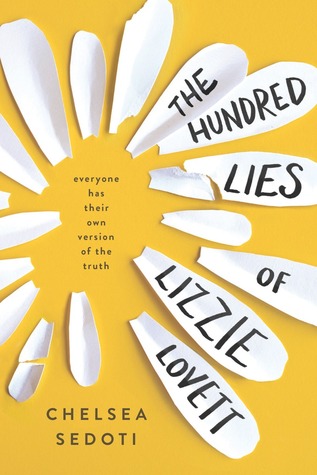 by Benjamin Alire Saenz
by Benjamin Alire SaenzThe opening lines of Leo Tolstoy's Anna Karenina go something like this: Happy families are all alike, but unhappy families are unhappy in their own way. Salvador Silva and his adoptive father, Vicente, seem like a stereotypical happy family. Salvador is a fairly content and well-adjusted teenager, about to start his final year of high school. He has college applications waiting to fill out. But lurking beneath the surface are the unhappy moments that afflict all families, each with their own unique pattern.
As much as Salvador loves and adores his father, he can't help but wonder about his biological father, and feels incredibly guilty for doing so. Vicente's mother -- Salvador's beloved Mima -- is ill, which upends Salvador's previously well-ordered life. But at least Salvador's life is more-or-less on an even keel, thanks to Vicente's patient and loving parenting style. His best friend, Samatha, has a difficult relationship with her mother and as for her father, he might as well be a stranger on the street. Salvador's friend, Fito, has a nonexistent relationship with his mother, because according to Fito, she abandoned him for the siren song of addiction, and his father left El Paso for California to look for work, and Fito hasn't heard from him since.
Finding a place where they can find a level of balance that approaches happiness is what drives this novel. It's more of a character study than one with an easily described plot. Saenz shows his readers how each character reacts to a given situation, such as when Fito's mother throws him out of the house, or Salvador punches a classmate for insulting Vicente. The threads that bind this novel together are the ties of friends and family -- both the families they're born into and the families they create. Family seems to be an ongoing theme for Saenz, from his earlier work He Forgot to Say Goodbye to his award-winning Aristotle and Dante Discover the Secrets of the Universe. And in The Inexplicable Logic of My Life, it looms over the whole book.
Another compelling theme of the novel is the nature vs. nurture argument, something Salvador grapples with on a daily basis, as he tries to answer the question of whether nature or nurture has more power over who Salvador will be when he grows up. Fito struggles with it as well, albeit in a quieter way.
Saenz is capable of some truly gorgeous writing that lifts your heart into your throat, which at times borders on poetry (even though it's not technically poetry). Like this quote: "...she burned her hand when some hot oil splattered. The F word went flying through the kitchen and landed in the living room, where it hit my dad right in the heart." Saenz is a master of figurative language.
Most of the novel takes place within Salvador's head, as his internal monologues and observations of what goes on around him. Due to the subject matter, there's a lot of poignancy to Salvador's thoughts, including one about the different types of silences between people or ruminations on love. I'll admit to needing more than one tissue.
There is a bit of salty language in the book. Salvador even makes note of the fact that Samantha has had a love affair with the F word, as she chastises him for his swearing. It never feels gratuitous and absolutely feels organic in the mouths and minds of Salvador, Samantha, and Fito.
Other books like The Inexplicable Logic of My Life are: The Absolutely True Diary of a Part-Time Indian by Sherman Alexie, the new Ms. Marvel series of graphic novels, featuring Kamala Khan, Jenny Han's To All the Boys I've Loved Before, and Rainbow Rowell's Eleanor and Park. They all have themes of family dynamics running through them.
